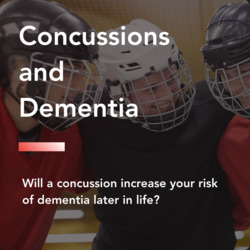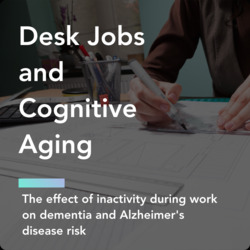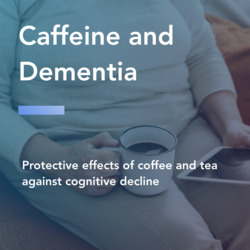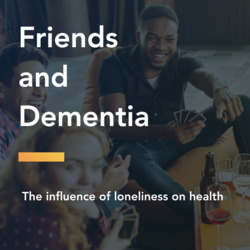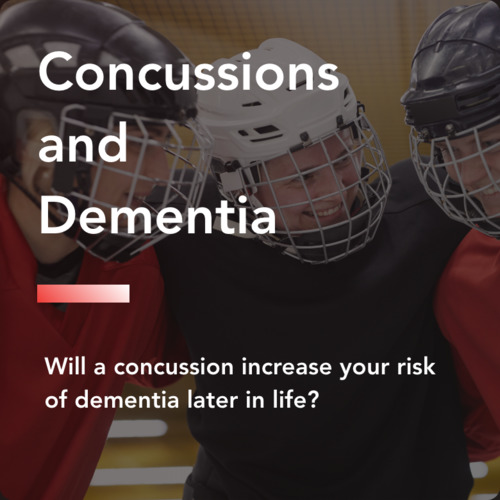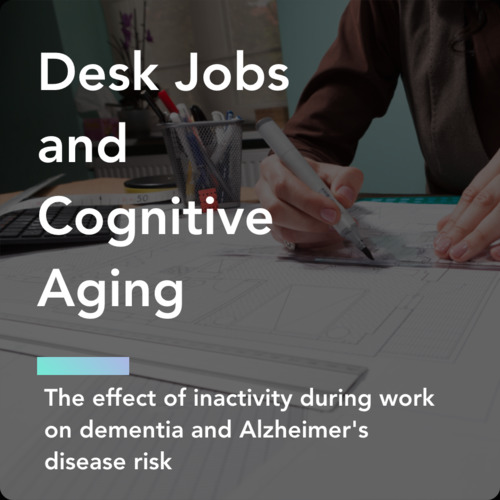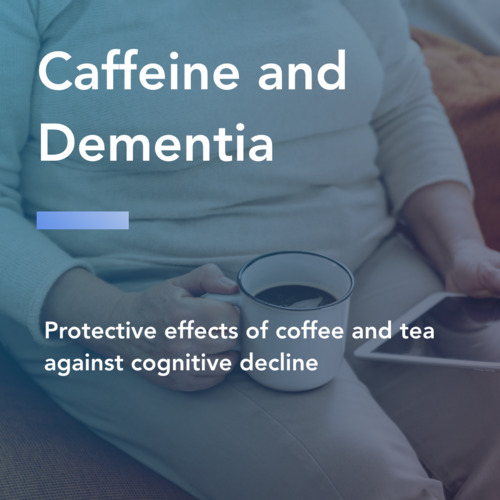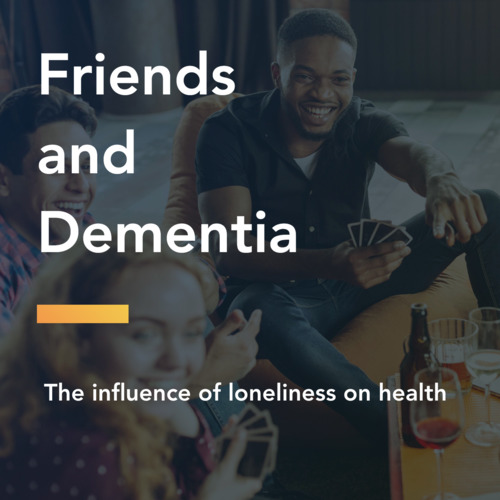Link Between Anticholinergic Medication & Dementia
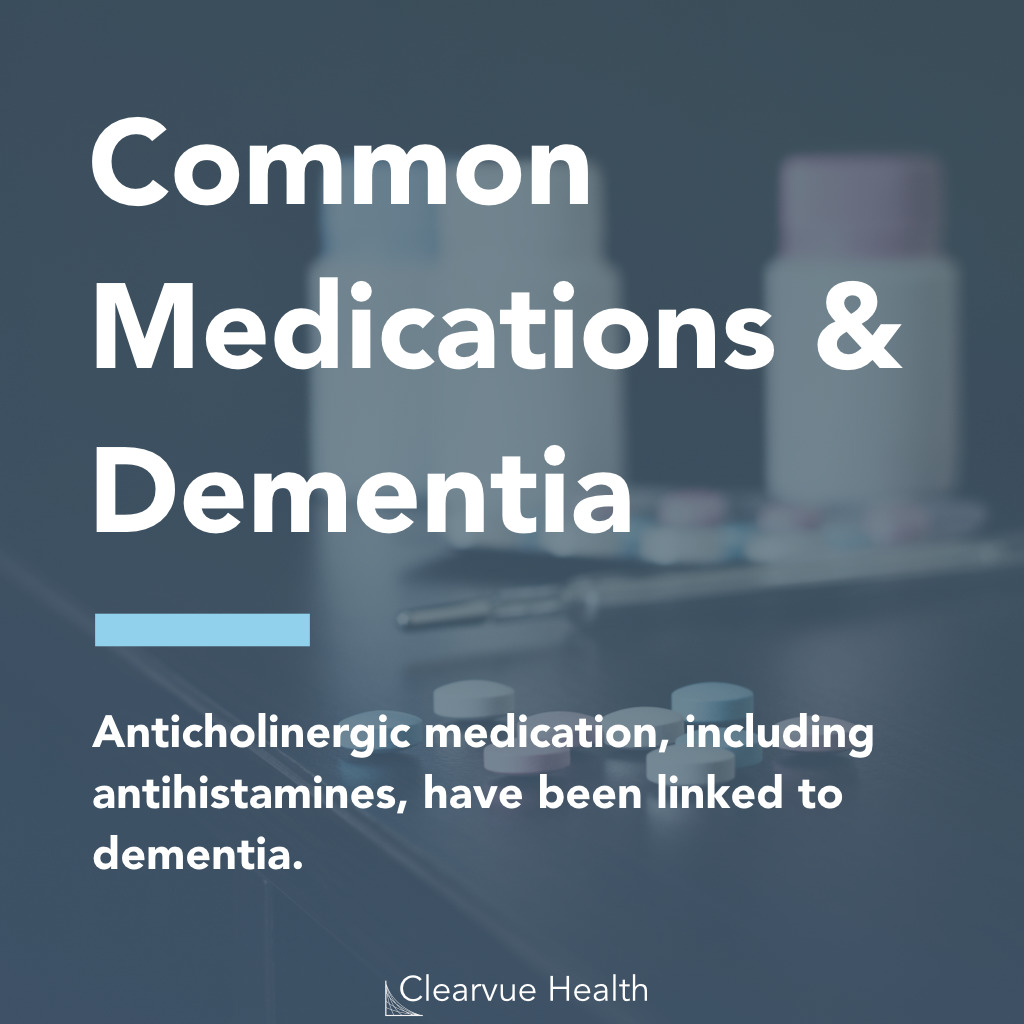
Certain types of widely prescribed medications have been linked to dementia.
Evidence has been building up that anticholinergic medications may negatively affect the brain.
This is particularly concerning to doctors as these are widely prescribed for a multitude of medical conditions. They are used to treat depression, allergies, urinary incontinence, and several other conditions.
For some applications, alternatives exist. For example, Benadryl is a potential risk factor. However, there are many antihistamines that do not affect the brain as much such as Claritin or Allegra.
More Info: Second generation antihistamines
While first generation antihistamines like Benadryl (diphenhydramine) are every effective in treating allergies, they are well known to cause significant drowsiness. In order to reduce this often unwanted side effect, second generation antihistamines were developed. These drugs, including Benadryl and Zyrtec, have the same mechanisms as first generation antihistamines but without their effects on the central nervous system, which is responsible for drowsiness.
Higher Doses = Higher Risk
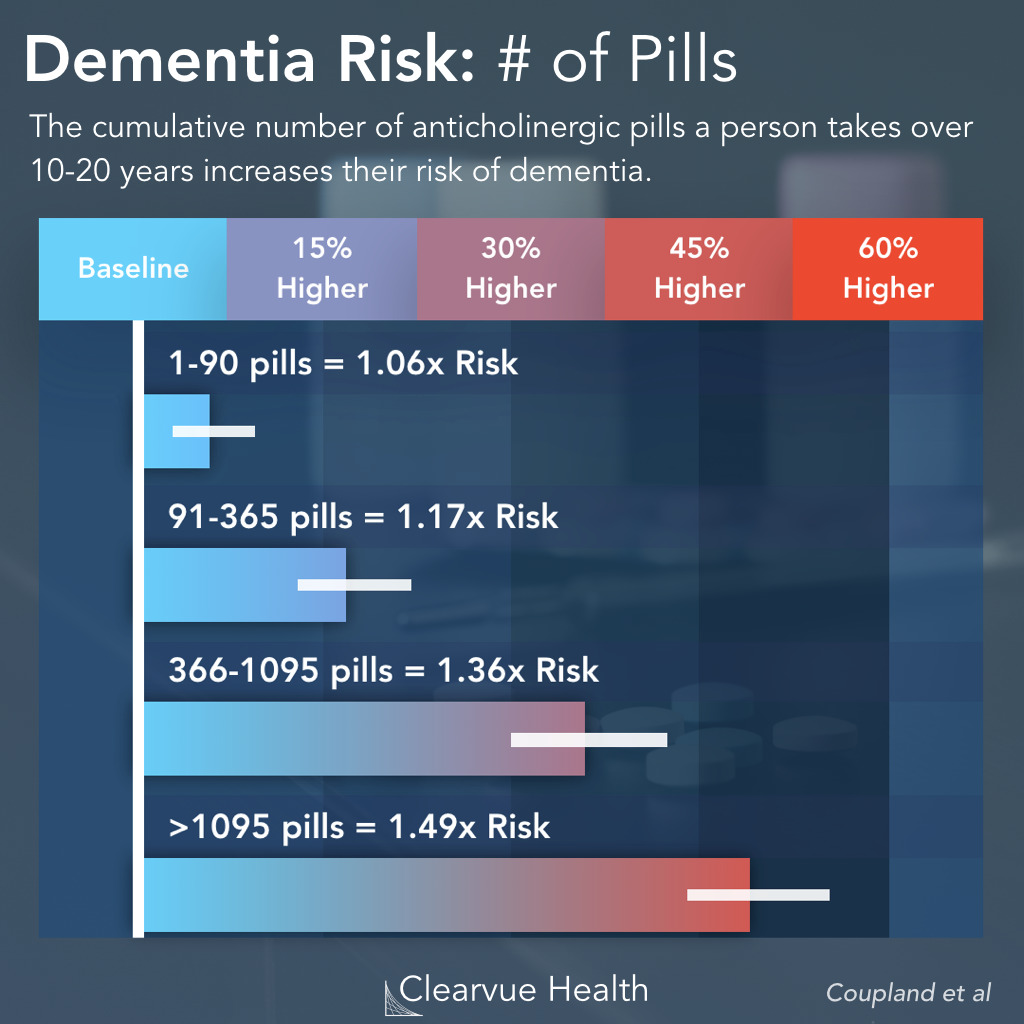
Figure 2: Anticholinergics & Dementia Data. The cumulative number of anticholinergic pills a person takes over 10-20 years increases their risk of dementia. The data above was obtained from 284,343 patients. These included cases of dementia and matched controls. Researchers estimated dementia risk at each "amount" of pills taken over a decade.
Interestingly, the risk appears to be cumulative.
The more pills you take in a lifetime, the higher your overall risk of developing dementia.
Taking a few Benadryls here and there likely won’t affect dementia risk. However, taking them regularly over many years might.
These data were calculated based on cumulative intake over all classes of anticholinergic drugs.
For example, if somebody takes a schizophrenia medication, a urinary incontinence medication, and an antihistamine, they would all be added together for the number of anticholinergic pills.
Dose Dependent Relationships
Dose dependent relationships refer to a relationship between a stimulus and a response where the response varies based on the stimulus. A stronger stimulus, or a higher dose, induces a stronger response.
Common Anticholinergic Drugs
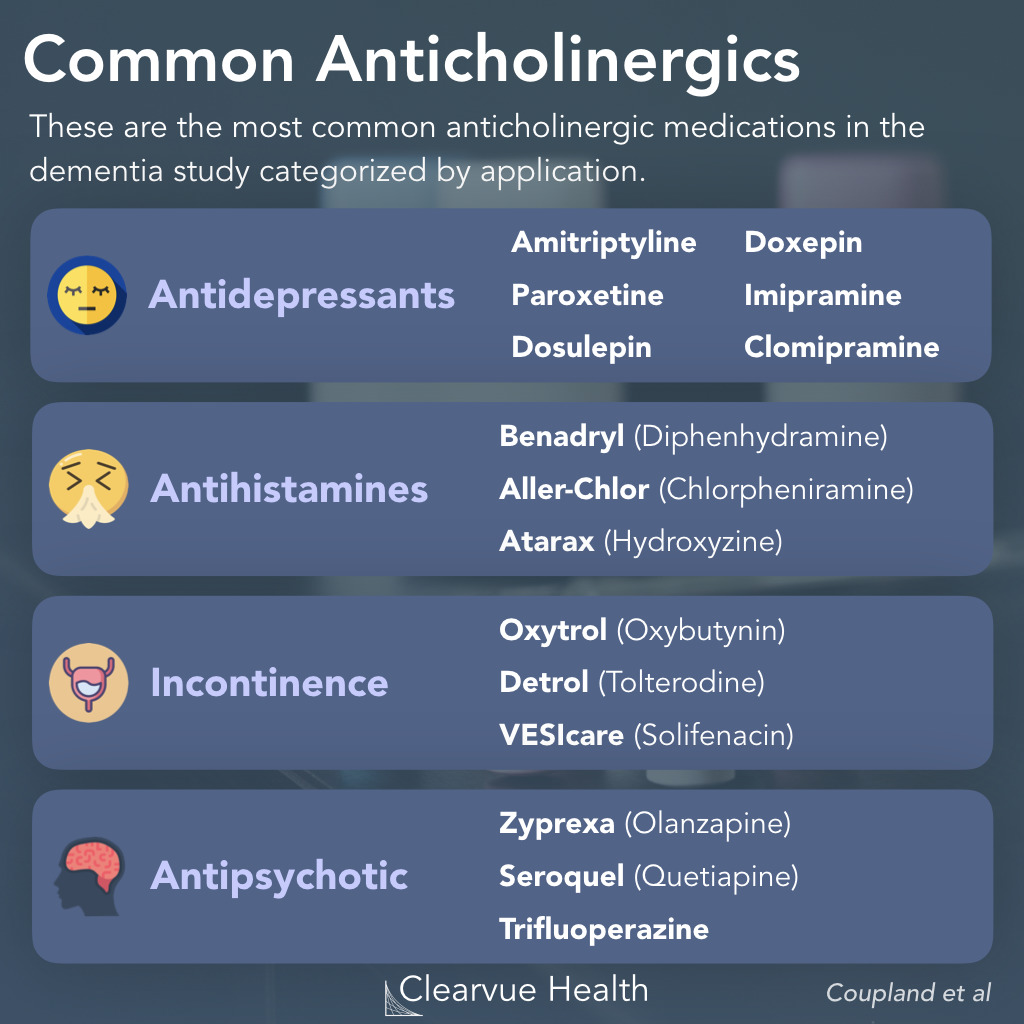
There are many different types of anticholinergic medications prescribed under different names. We have listed the most common types and their uses above. Of note, not all drugs of a certain type or anticholinergics. Many antihistamines and antidepressants are most likely just fine.
Dementia Risk for Each Drug Class
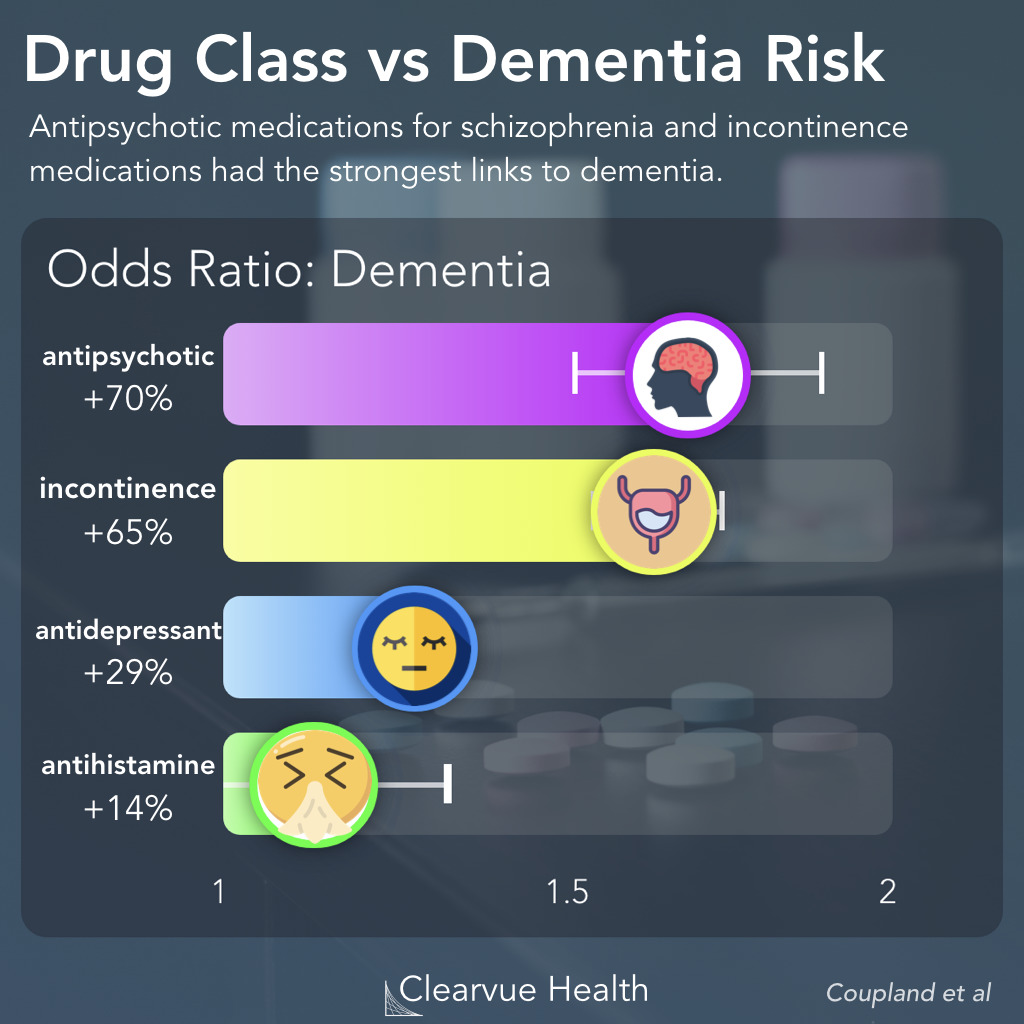
Figure 4: Dementia Risk for Antipsychotics, Incontinence Medications, Antidepressants, and Antihistamines. Each bar above is scaled the increase of risk for anticholinergics of each class. Antipsychotic medications lead to the highest estimated increases in risk of dementia. Antihistamines lead to the lowest increases of risk.
Some classes of anticholinergic medication tend to be more dangerous than others. Among the most commonly prescribed types, antipsychotic medications have the strongest link to dementia risk. Antihistamines have the weakest link.
Keys to health
This study provides stronger evidence for the link between anticholinergic medications and dementia. While this is only a correlation, it is still a concerning link.
Correlation does not imply causation
Of note, this study only looked at correlations, which do not imply causation. While causal relationships are correlated, correlated events are not necessarily causal. One common example is the link between churches and crime. The number of churches in a square mile is significantly correlated with crime. However, this is not evidence that churches cause crime. Rather, it reflects that fact areas with many churches have higher populations.
Your doctor knows best about which medications to use. All things being equal, medications that are less anticholinergic should be preferred over strongly anticholinergic medications.
The primary concern is that anticholinergics are still widely prescribed as this research is relatively new. Many patients may be needlessly exposed to the risks of anticholinergics.
If you or a loved one are on an anticholinergic, be sure to talk to your doctor about whether the drug is the best option available and whether good non-anticholinergic alternatives exist.
+
Endpoints - Researchers used diagnosis of dementia as an endpoint, which is appropriate for this study.
+
Study Size - The study size was large enough to find significant effects and differences between groups.
-
Study Type - Researchers used a prospective cohort study. Prospective cohort studies are good for studying potential links when clinical trials are not feasible. However, they do not confirm causation.
Further Reading
Did you know that education attainment has been linked to Alzheimer's Disease risk?
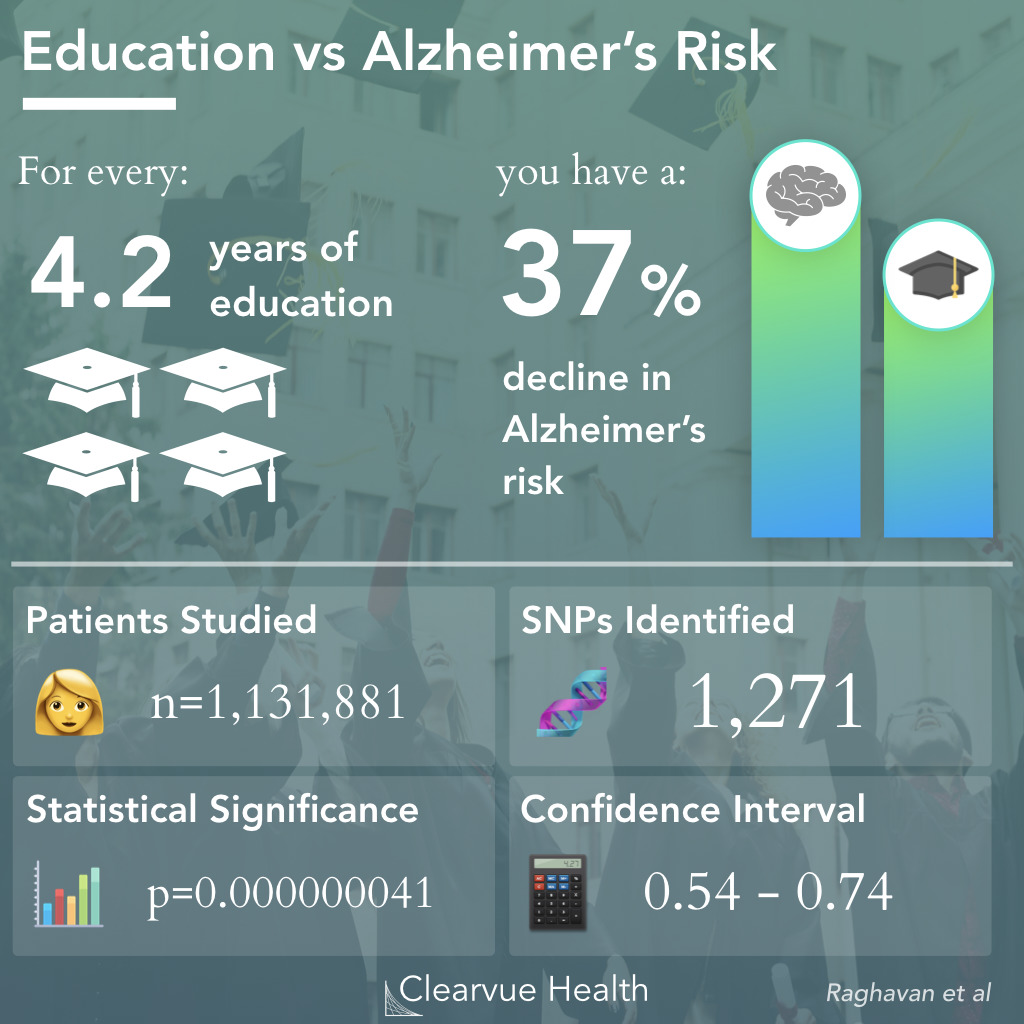
Genetics has shown us that the same genes behind education attainment also protect against Alzheimer's Disease. The same genes that correlate with 4.2 more years of education also correlate with a 37% reduction in Alzheimer's Disease Risk. The genes found were connected to neuron growth, Dyslexia, and Bipolar Disease. Read more here!





